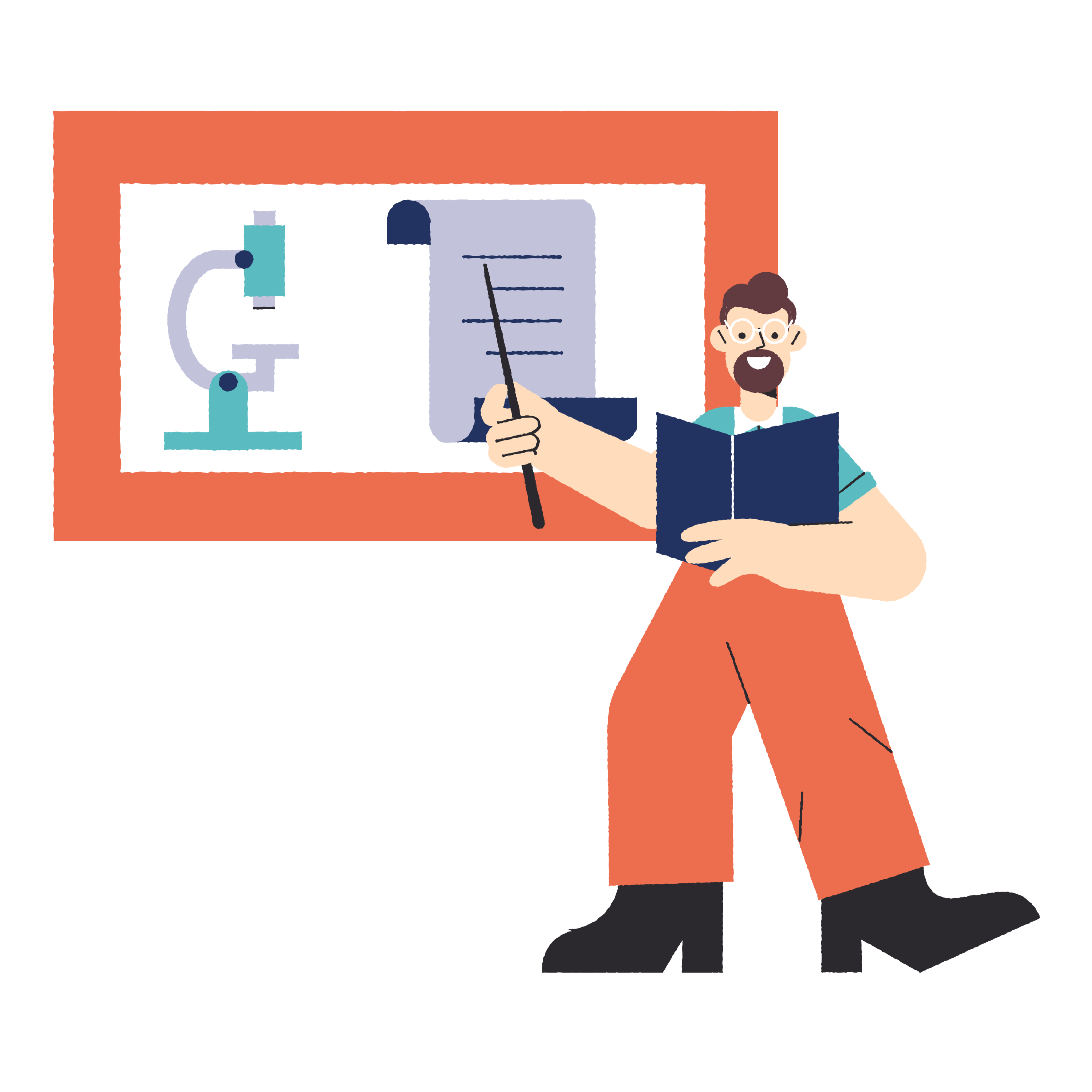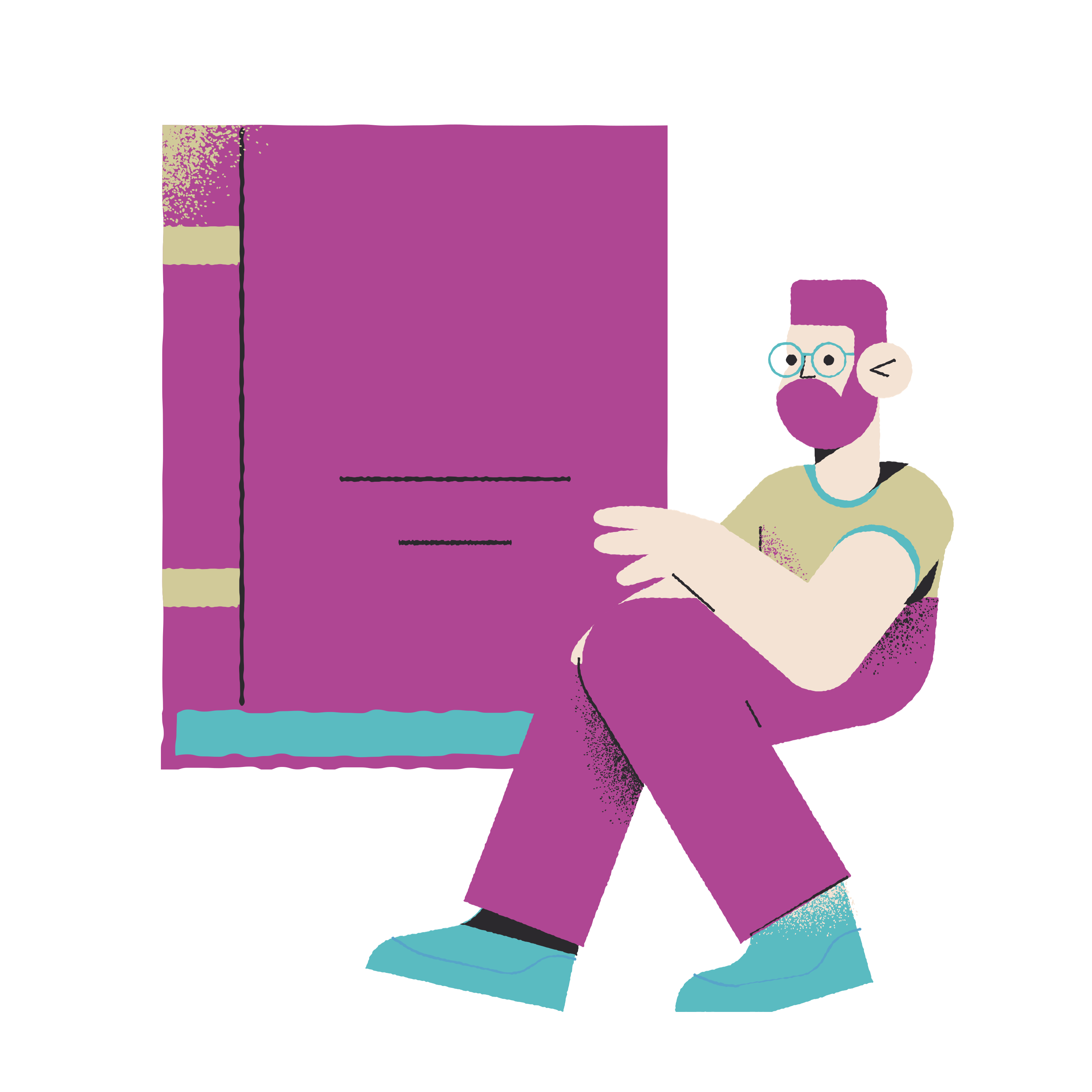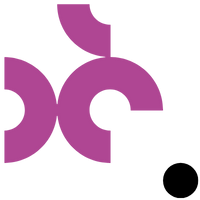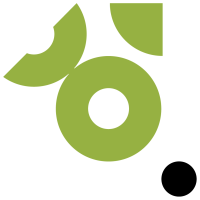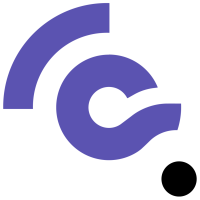Artykuł
Center for Citizenship Education as one of the Partners of “Transition Dialogue” project and network, is inviting teachers, students, and everyone else to a series of three podcasts on transformation in Central and Eastern Europe. We have asked experts and practitioners of history and civic education from Bulgaria, Croatia, Germany, Poland, and Ukraine to rethink political and social transition after 1989. In three podcasts we are taking a closer look at three “big themes”: 1) teaching transition – why and how? 2) crime and punishment – what went wrong with transitional justice? 3) “winners and losers” of transition – who were they and why does it still matter?
2021 will mark the dissolution of the Soviet Union and the collapse of former Yugoslavia and the beginning of the war in the Balkans. 30 years ago velvet revolutions brought the new political order but the change has not happened overnight. We are still living the consequences of both the communist past and the difficulties and failures of the transformation processes. The podcasts try to shed light on the diverse realities and perceptions of transformation in five post-communist countries and may help the younger generation grasp the meaning of this recent past and its aftermath.
We hope that the “Dialogue on Transition” podcasts will be an inspiration for similar dialogues on transition, especially (but not only) in the work with young people. Podcasts can be used as educational materials during the lessons – online or offline – and in informal settings. They might become an audio resource for flipped lessons, student projects or a starting point for classroom discussions. We believe it is crucial to reflect on different models and perceptions of transition, on problems all our countries had with punishing the former communists and lustration, on what are the present political, economic and cultural consequences of what has begun more than 30 years ago.
Experts in the “Dialogues on Transition” podcasts:
“Should we teach on transition?”
Alicja Pacewicz (Poland), Co-Founder and Senior Advisor of Center for Citizenship Education, one of the leading Polish NGOs working in the area of quality education, civic engagement, and school reform. Co-author of numerous programs, publications, and textbooks on citizenship/human rights education and competencies for democratic culture. She serves as the Chairperson of the Supervisory Board of School with Class Foundation, a civil society organization implementing the whole school approach to developing key competencies for lifelong learning.
Vedrana Pribičević (Croatia) graduated from the Faculty of Economics at the University of Zagreb where she is currently doing research and conducting a “Theory of Economic Inequality Workshop”. She has been a faculty member of the Zagreb School of Economics and Management since 2007. Her fields of interest include economic growth and economic inequalities. She features as a regular economics commentator for a number of domestic and foreign media outlets. Expert of Ivo Pilar Institute for Social Sciences.
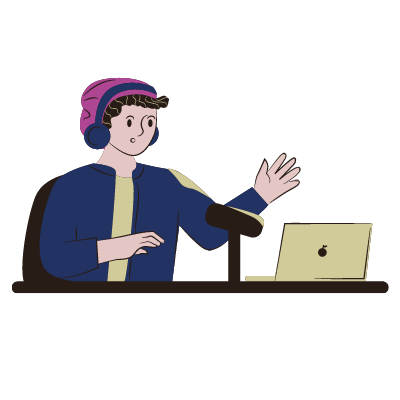
“Crime and punishment”
Momchil Metodiev (Bulgaria), Professor of history in the New Bulgarian University, Editor in Chief of the Christianity and Culture Journal and Research Fellow in the Institute for Studies of the Recent Past. A historian, whose research interests are focused on the history of the communist State Security and Bulgarian Orthodox Church. He also worked in several Bulgarian and international projects researching the communist past, including the Cold War Research Project in the Woodrow Wilson Institute in Washington, DC. Sofia Platform expert in “Transition Dialogue” project.
Stanislaw Zakroczymski (Poland), lawyer and historian. Permanent associate in human rights law firm in Warsaw, Member of the editorial board of „Kontakt Magazine “, author of academic and journalistic articles and co-author of two books concerning rule of law, local government, history of law and society, administrative law. Author of lesson scenarios concerning civic, historical and legal educations for the high school and junior high school students. Educator in History Meeting House in Warsaw. Center for Citizenship Education expert in “Transition Dialogue”
“Winners and losers of transition”
Nora Korte (Germany) is a project coordinator for DRA e.V. and part of the “Transition Dialogue” project team. Earlier she had taught political science and media studies at the Moscow Institute of International Relations as part of the “German Studies Russia” program for Freie Universität Berlin and headed the Moscow office of the German-Russian Forum at the German Embassy in Moscow“. She is a co-author of the publication “Challenges of Transition in Eastern Europe: Lessons for Civic Education” focused on prevailing narratives of transformation in post-socialist CEE.
Olena Pravylo (Ukraine) serves as a Chairwoman of Congress of Cultural Activists and Association of Active Citizens. Moderator and expert in „Culture 2025. Platform for changes” project on developing and implementing a cultural strategy for Ukraine 2016-2025. She is also short movies producer and and organizer of multidisciplinary festival „Transkaukazja”. Olena was involved in the project “Transition dialogue” from the beginning and did research and series of video interviews in Ukraine.
Podcast: Play in new window | Download
